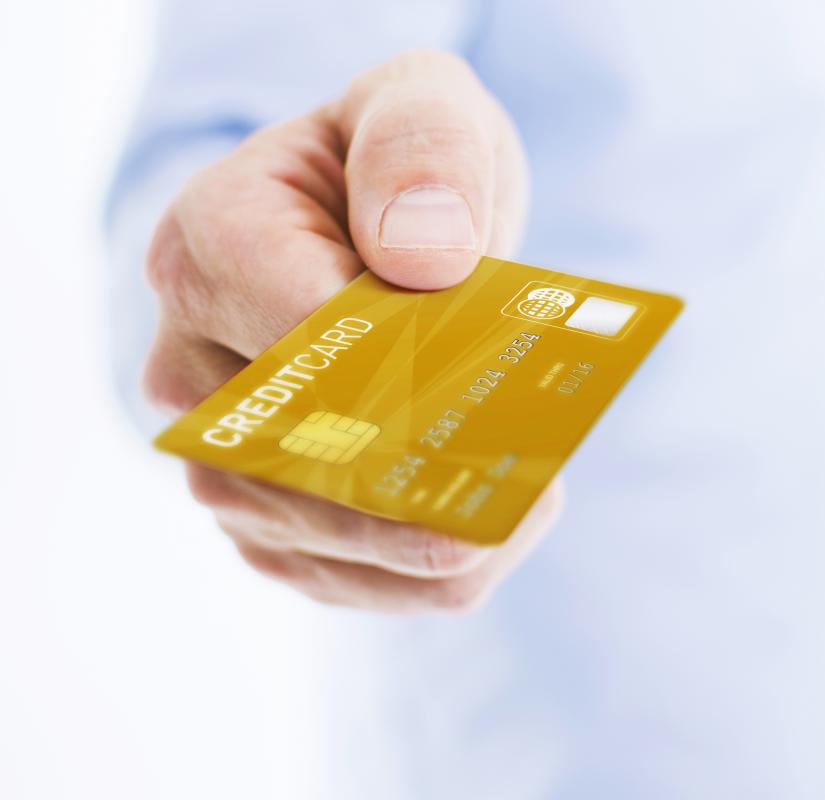At WiseGEEK, we're committed to delivering accurate, trustworthy information. Our expert-authored content is rigorously fact-checked and sourced from credible authorities. Discover how we uphold the highest standards in providing you with reliable knowledge.
What is Discharge Debt?
Discharge debt refers to debt that has been forgiven, or discharged. This commonly occurs during bankruptcy or the related equivalent. Some debt may also be discharged in other circumstances, such as through negotiation with the creditor.
When an individual borrows money, he becomes a debtor. He is legally obligated to pay back the debts that he or she incurs. The creditor is entitled, within the rules of the collection laws of the area, to take appropriate steps to collect on the debt.

Sometimes, however, individuals get in over their heads in debt. As a result, nearly every country has created some type of provision which allows an individual to discharge debt that he or she has no possible hope of reasonably paying back. The exact rules and methods in which an individual can discharge debt vary by country.
In the United States, for example, an individual can discharge debt through filing bankruptcy. Only certain debts can be discharged, such as unsecured credit card debt and other unsecured loans. Student loan debt and debt owed to the Internal Revenue Service (IRS) cannot be discharged in most standard bankruptcies, except in cases of extreme undue hardship.

Bankruptcy, or a related method of discharging debt, exists in many countries. In Australia, the Bankruptcy Act 1966 gave individuals the right to discharge debt, but not companies. In Canada, bankruptcy applies to individuals and corporations. In Switzerland, bankruptcy can be declared by the court as a consequence of a person's insolvency, but a person cannot simply declare bankruptcy.

In bankruptcy proceedings, an individual generally lists debts that are dischargeable under the law. The creditors may have an opportunity to speak in front of the court or tribunal in which the bankruptcy proceedings take place. The court then has one of several options, depending on the laws and the situation of the debtor.
The court may put the individual on a payment plan. This occurs under Chapter 13 bankruptcies in the United States. If the individual is put on a payment plan, some or all debts may be discharged but the individual will also be required to pay back a portion of the debts according to a court-mandated repayment plan.
Alternatively, the court may simply discharge the debts. This occurs under Chapter 7 bankruptcy. When this occurs, the court declares that the debtor no longer has to pay back any amount of the debt, and that the creditor is unable to collect the discharged debt.
AS FEATURED ON:
AS FEATURED ON:













Discuss this Article
Post your comments